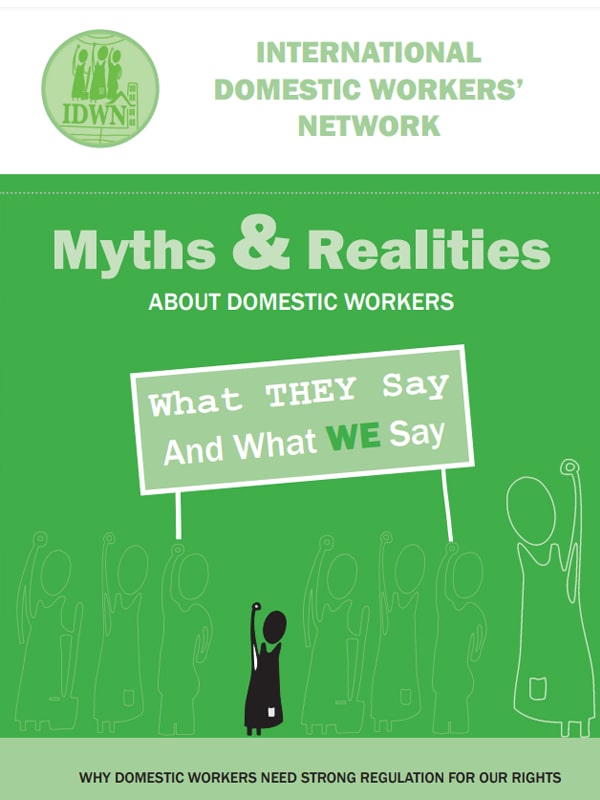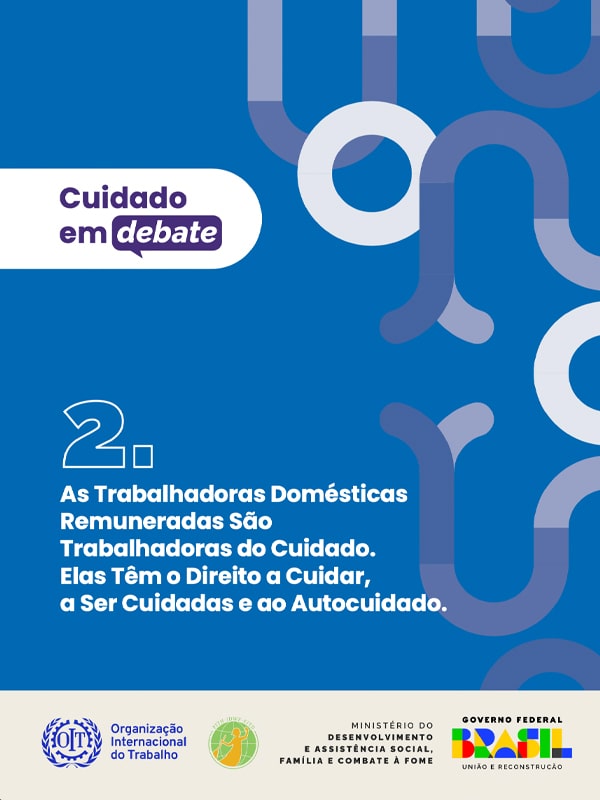Why We Wrote this document: Over the past few years, something historical has been happening. The world’s domestic workers have been mobilising, not only in our own countries and regions but also at a global level. Along with our supporters in the trade unions, migrant workers’ support networks, anti-slavery and anti-child labour groups, etc., we are arguing for recognition for the work we do, for our rights as workers, and for our voice to be heard.
Above all, we need an end to the abuse and exploitation that so many domestic workers worldwide face. One of our demands is for a strong international convention for the rights of domestic workers to be agreed upon by the International Labour Organisation (ILO) – the part of the united nations responsible for employment matters.
Meeting in Geneva, Switzerland, in June each year, governments of the world sit down with representatives of employers and workers to negotiate over and agree on international employment standards. They agree to conventions which are binding on governments to implement and recommendations which give governments advice. In June 2010, for the first time ever, governments, employers and unions spent two weeks discussing and debating the first draft of an ILO Convention for the rights of domestic workers, accompanied by a Recommendation.
We listened carefully to what they said – the arguments used for and against us. Many governments and trade unions – and some employers – have come a long way and now understand our situation better and are supporting our demands. But some are still very hostile. Others only want standards which are far too weak. it often seems that they do not understand, or want to deny, how bad it is for so many of us.
This document sets out the key arguments they use against agreeing to a strong set of standards and our replies to them. We hope that this will help win more supporters, especially at the International Labour Conference in June 2011, when the draft convention and recommendation will be debated in-depth again – and hopefully adopted. After that, there will be much work for domestic workers and our supporters. We will need to get each of our governments to ‘ratify’ the convention, that is to say, agree to put its contents into their national legislation and then implement those laws properly. / So, we hope that the arguments we set out here will help domestic workers around the world to persuade more people of the rightness of our cause and win the changes in law, practice and attitudes that we so deserve.
Download here




